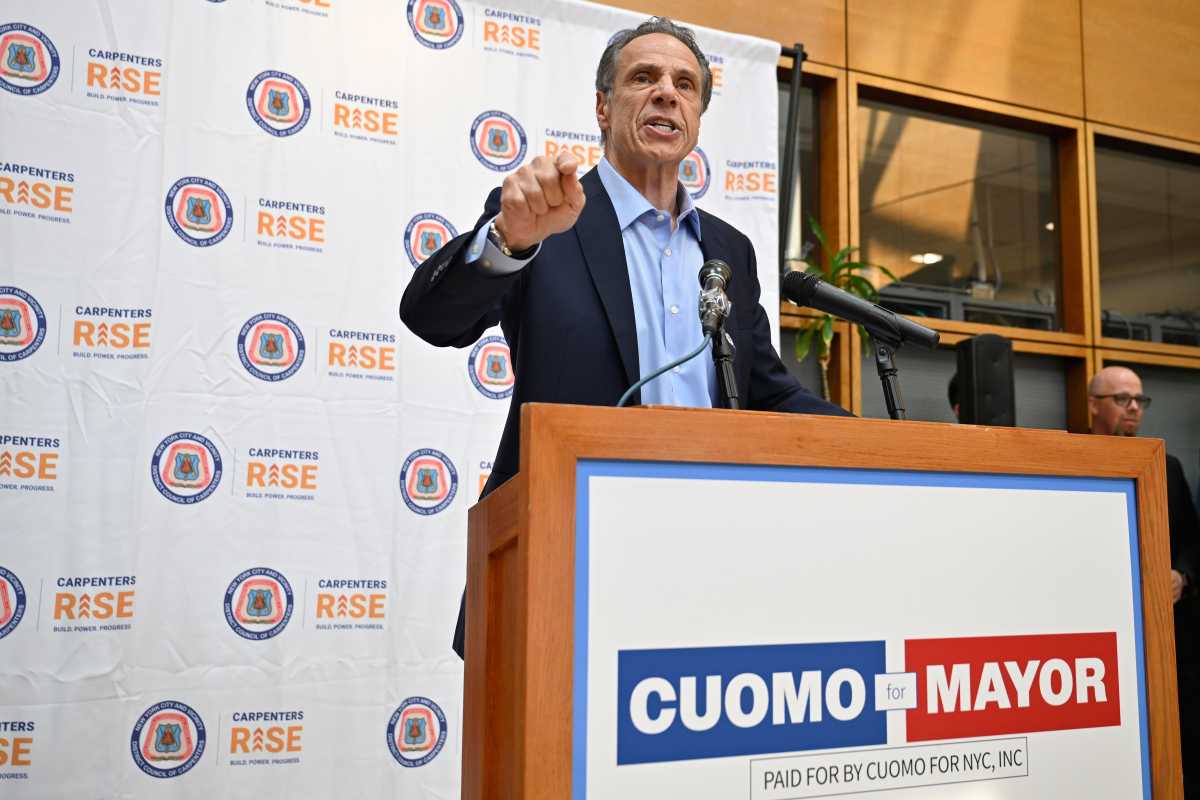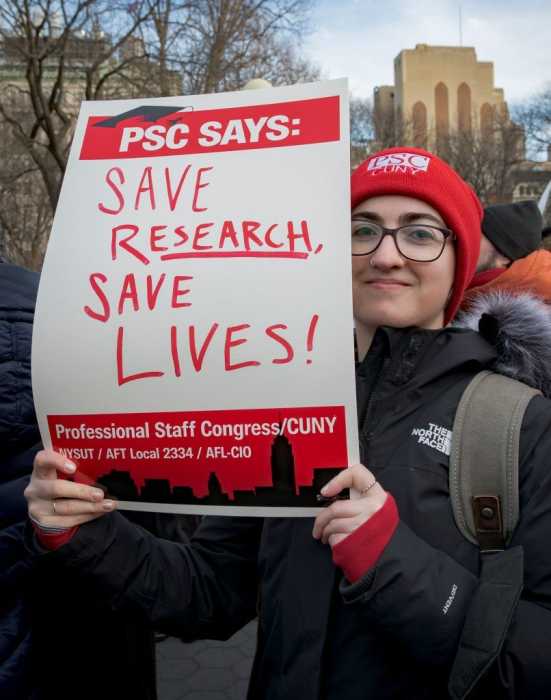By Alex Berger
They gave their arms, their legs, their eyes, their hands, their ears, their feet, their hips, their minds, and their lives.” (Anonymous).
In 1865, in the village of Waterloo in central New York state's Finger Lakes region, pharmacist Henry Welles joined the jubilant crowds at a welcome-home parade for Civil War soldiers. A thought immediately came to him: Why not establish a solemn day to memorialize those soldiers who never made it back alive?
His idea took root and on May 5, 1866, the town shut down for the day to honor the war dead. Scores of villagers marched in mourning to the town's three cemeteries and decorated each veteran's grave with a floral cross.
Dozens of other communities in the United States have since claimed to be the birthplace of Memorial Day, but the official distinction, signed into law by former President Lyndon Johnson in 1966, is held by Waterloo.




































